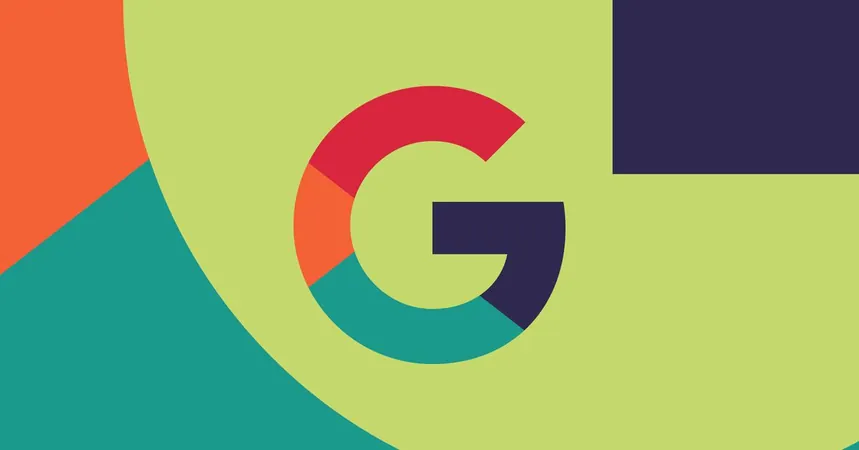
Google Photos Tightens Partner Sharing: What You Need to Know!
2024-11-15
Author: Olivia
In a notable shift for its Partner Sharing feature, Google has imposed new restrictions aimed at enhancing user privacy. Previously, this feature allowed users to automatically share all images and videos within their library with a designated partner. However, the latest update now restricts this sharing to only those photos and videos captured using the device’s default camera app. This effectively means that screenshots, as well as images shared through third-party applications like WhatsApp, will no longer be visible to partners.
Some users on platforms like Reddit initially flagged this change as a technical glitch, but insights from someone believed to be a Google employee clarified that these adjustments were made purposefully. The intention, according to comments, was to align the feature with what most users typically expect from a private sharing service. An updated FAQ on Google’s Partner Sharing support page confirms this stance, stating that “photos from other apps on Android aren’t shared with your partner account.”
The driving force behind this alteration appears to be aimed at curbing situations where partners might stumble upon sensitive images, such as screenshots of surprise gifts or personal messages that individuals would prefer to keep private. Despite the change, Google has not elaborated on the specific user expectations it aimed to address with this update.
This adjustment seems to have been rolled out in late October, and currently, there's no option available within the Google Photos app to revert these changes. However, according to reports from Android Police, users can technically still showcase screenshots, downloads, and images taken with third-party apps by editing them within the Photos app beforehand. Yet, there's no straightforward solution for users looking to bypass these restrictions en masse.
This feature modification raises questions about how companies balance user privacy with the convenience of sharing, sparking discussions about expectations and relationships in the digital age. As audiences increasingly seek control over their shared content, it will be interesting to see how Google and other tech giants respond in the future. Stay tuned for more updates on this evolving narrative!
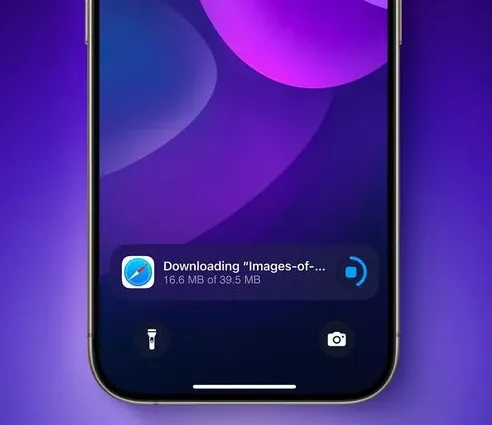
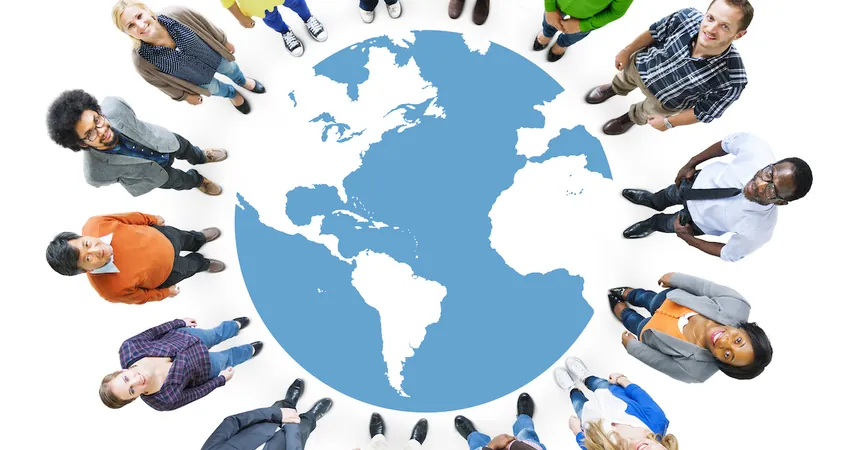

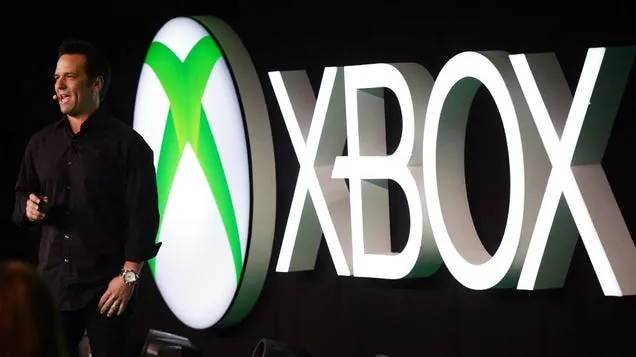




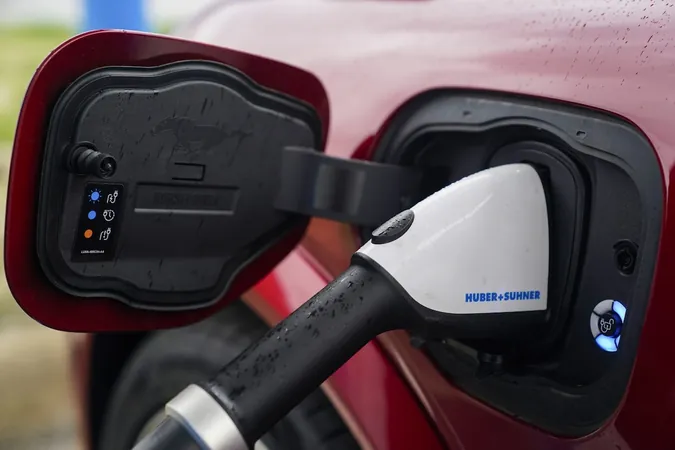
 Brasil (PT)
Brasil (PT)
 Canada (EN)
Canada (EN)
 Chile (ES)
Chile (ES)
 España (ES)
España (ES)
 France (FR)
France (FR)
 Hong Kong (EN)
Hong Kong (EN)
 Italia (IT)
Italia (IT)
 日本 (JA)
日本 (JA)
 Magyarország (HU)
Magyarország (HU)
 Norge (NO)
Norge (NO)
 Polska (PL)
Polska (PL)
 Schweiz (DE)
Schweiz (DE)
 Singapore (EN)
Singapore (EN)
 Sverige (SV)
Sverige (SV)
 Suomi (FI)
Suomi (FI)
 Türkiye (TR)
Türkiye (TR)